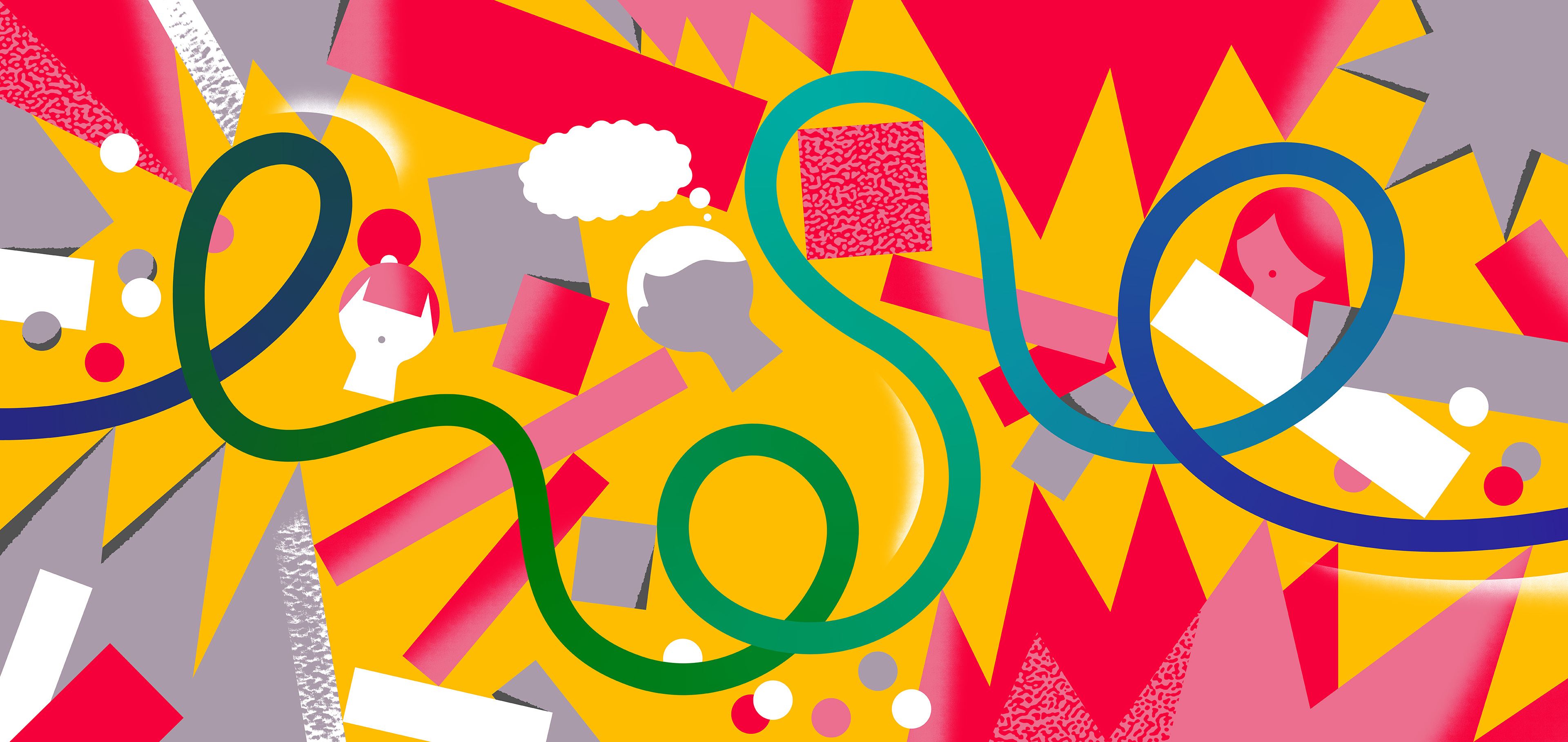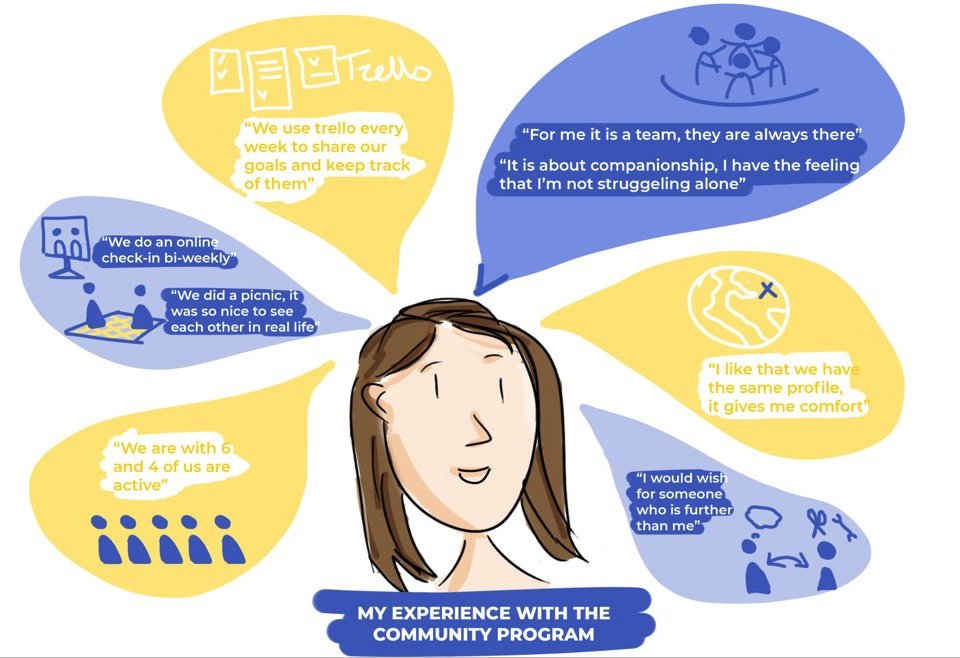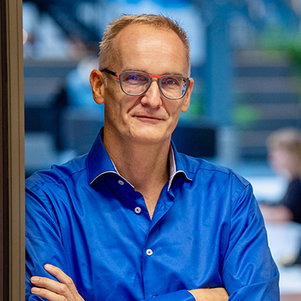Designing resilience into the IDE student community
When COVID-19 hit, the Faculty of Industrial Design Engineering, along with the rest of TU Delft and beyond underwent a major transformation. Staff and students were forced to leave on-campus education behind, instead being given the task of traversing the complex landscape of online education.
Our creative teaching staff used available digital resources to switch to online education rapidly: supported by the Education and Student Affairs team, courses were up and running in a matter of just a few hours and days. However, for students the combination of online education and lockdown measures for a prolonged period, has not been easy.
From day one, IDE staff – conscious of the pressure faced by students – have worked hard to support student success and well-being. In addition to the work of the Education and Student Affairs team behind the scenes, IDE researchers have also played a role - from designing well-being surveys to establishing support networks for graduating students. This work has helped lead to student success and support well-being in the most challenging of times. It has also brought recognition for numerous IDE researchers, including Assistant Professor Rebecca Price who has just been granted a Senior Comenius Fellowship 2021.
Forging Resilient Designers
This project has been awarded the Senior Comenius Grant 2021 (for 100,000 euros) by the NWO. We would like to congratulate Dr Rebecca Price, Dr. Ir. Mieke van der Bijl-Brouwer, and the entire project team on this achievement.
Prior to submitting their application to the NWO, Rebecca and Mieke extensively researched graduate students’ motivation and student challenges during COVID-19. This is what led Rebecca and Mieke to realising that in addition to the mental, social, and financial difficulties facing IDE’s MSc students, learning (and teaching) design during Covid-19 was a particularly challenging activity due to inherent uncertainties. A focus on graduate students conducting their thesis naturally occurred, as Rebecca and Mieke noticed these students were particularly under stress.
“Perceived as the pinnacle of a student’s degree, a “successful Graduation” offers a tangible pathway to professional career. In addition to ever-present environmental and performance pressures, graduating design students, are increasingly interested in solving ‘big picture problems’. This unique combination of factors plus Covid-19, causes high levels of uncertainty and vulnerability for students when they must be at their strongest to learn and grow.” - Rebecca Price
The grant they received will allow them to develop a program for ‘designer resilience’ that equips graduation students with the capacity to negotiate inherent complexities faced in design graduations.
Designer resilience is preliminarily defined as the personal capacity of the designer to (1) cope with uncertainty, (2) respond to setbacks, (3) and process critique. The Comenius project will approach the development of designer resilience in a student-centric way, identifying and defining designer resilience, and developing designer resilience pedagogical tools through co-design workshop with students, student guilds and teachers.
Project Team: Rebecca Price, Mieke van der Bijl-Brouwer, Stefan Melchoir, Elisa Giaccardi, Giulia Calabretta, Gerd Kortuem, Ruud Balkenende, Arjen Jansen
Find out more about the ‘Forging Resilient Designers’ project here.
Co-creating the graduation journey
In the Spring of 2020, IDE academic staff Dr. Ir. Mieke van der Bijl-Brouwer and Dr. Rebecca Price began looking into how COVID-19 was impacting the wellbeing of IDE’s students. From this initial investigation, they discovered that graduate students, in particular, face various challenges now that they must work from home on an intensive individual project.
Even without a pandemic at play, they found that most graduate students are under intense pressure to complete and excel in their final project. They also are faced with hurdles such as a lack of routine and motivation, an unhealthy focus on performance, difficulties in making decisions in the design process, and so on.
Now throw in a pandemic and these challenges become even more intense. Additionally, they found that new hurdles have popped up because of COVID-19. For example, it can be difficult to separate the different parts of one’s life (e.g. studying, relaxation) as everything usually happens in the same location.
To respond to their findings and COVID-19, the ‘Co-creating the graduation journey’ team – led by Marie van den Bergh began running small experiments and interventions. From each of these, they learned what works and what doesn’t in terms of supporting graduation students.
The aim is now to scale up this approach, so more students and staff within our faculty can be supported. Also other faculties of TU Delft will be offered to collaborate on this topic. The aim is to have impact beyond the immediate ‘COVID19-response’, and to develop initiatives that promote student success, engagement and inclusivity in the TU Delft graduation process.
The project, run by Marie van den Bergh, Mieke van der Bijl-Brouwer, and Rebecca Price, is ongoing.
Find out more about the ‘Co-creating the graduation journey’ project here.
This project is funded by the TU Delft Study Climate Program.
Project Team: Marie Van den Bergh, Mieke van der Bijl-Brouwer, Rebecca Price
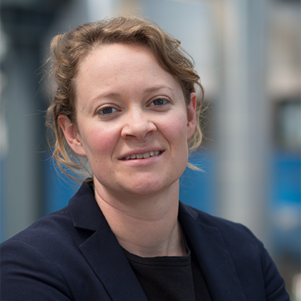
Rebecca Price
- +31 (0)6 82809600
- +31 15 27 89492
- r.a.price@tudelft.nl
-
Room B-4-140
Present on: Mon-Tue-Wed-Thu-Fri
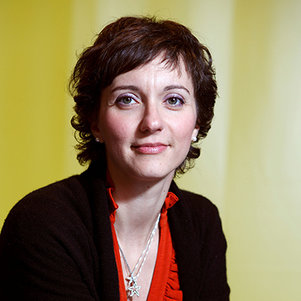
Elisa Giaccardi
- +31 (0)15 278 9223
- e.giaccardi@tudelft.nl
-
Room C-3-150
Giulia Calabretta
- +31 (0)15 278 9443
- g.calabretta@tudelft.nl
-
Room 32-B-4-050

Ruud Balkenende
- +31 15 27 81658
- a.r.balkenende@tudelft.nl
-
Room B-3-310
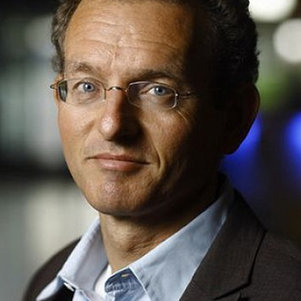
Arjen Jansen
- +31 (0)15 27 81434
- A.J.Jansen@tudelft.nl
-
Room B-3-080
"There's no such thing as bad (sailing)weather, bad (sailing)wear does exist!"

